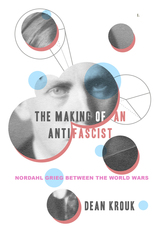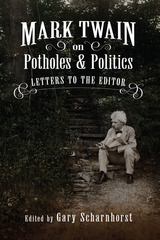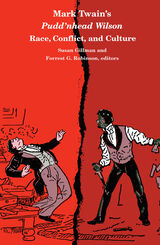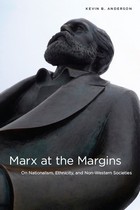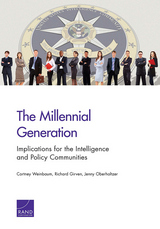Cloth: 978-0-674-23251-8
Troubles in the transportation industries show the need for revising public policies and bringing them up to date. Neither regulatory nor managerial thinking has kept pace with technological changes that destroy many of the monopoly situations that once characterized transportation markets. The authors here assemble information concerning costs, market structures, and demand conditions for the rail, highway, pipeline, water, and air transportation industries. They take into account not only the cost of actual operations but related construction, capital, maintenance, retailing, and storage costs.
The approach is analytical rather than institutional or legalistic. In the view of the authors, the regulatory system should mainly, though not solely, seek to produce conditions ordinarily produced by competition, and should be maintained only as long as it will serve this purpose. The existing regulatory structure is often continued with no regard for its usefulness is a particular situation. Regulation has also been used as a means of perpetuating certain services that are unable to pay their costs but are considered socially desirable. In many cases, discontinuing uneconomic transportation services would unquestionably work undue hardships on innocent individuals. Yet continuance of these services under private enterprise requires higher charges on other transportation services. The question therefore arises of whether the harm done by these increased charges is greater than that which would result from abandoning the uneconomic services; the authors suspect that in a very large number of cases it is.
Insisting that transportation carriers continue to provide socially needed but uneconomic services imposes a standard that clearly conflicts with the cost minimization and efficiency criteria that are generally accepted as the proper managerial goals in a free enterprise economy. Even worse, regulation aimed at maintaining a given service often prevents the introduction of cheaper and better ways of performing certain transportation functions. The result is a net loss to both consumer and producer. The authors comment on the Motor Carrier Act of 1936, the Transportation Act of 1940 and the Weeks' Committee Report, and on the roles of the ICC and the CAB.
See other books on: Business & Economics | Competition | Economics | Meyer, John R.
See other titles from Harvard University Press

